COLUMN: Dear white people, we need to do more
A masked protester holds a sign and flowers.
Dear fellow white people,
Now is not the time. It’s not the time to post on Instagram a picture of yourself in a bikini, a throwback of you and the boys hitting the shotski, or a video of you bouncing around in your living room doing an at-home workout.
It’s also not the time to be performative. By that I mean it’s not the time to post something just because everyone else is doing it, just because it looks good. Or, if you are doing that, ask yourself why. Are you doing it in solidarity? Are you doing it to not feel judged and to make yourself feel better? Okay, great, but now what?
White people, now is the time to listen, learn, change and then speak up, in the classroom, workplace and among your friend groups. If you’ve already done steps one, two and three and you are on to step four, I commend you, but note that the steps should be repeated over and over.
Over the past week, I’ve been overwhelmed with emotions about the wrongful murder of George Floyd and the countless other Black lives we’ve recently lost, including Breonna Taylor, Ahmaud Arbery, Sean Reed and Tony McDade, just to name a few. It sickens me to even have to say ‘just to name a few.’
My emotions have been a wake-up call for me in that they’ve made me aware of the work I need to do to break down my own white fragility and become more resilient. The reason I wanted to write this letter is because maybe you haven’t been as emotional or haven’t begun to unpack your emotions like I have. I invite you to start now, as it is never too late.
This past week has shown me that I need to do more to educate myself on the Black experience so that I can work to make Black voices heard. This world has quieted them for too long and as a white person who has far more power than I realize, I want to do as much as I can to not only be an ally, but an accomplice.
I need to read, watch and listen to stories that dismantle the systemic racism I subconsciously benefit from. Stories that show me how to do the ongoing, often challenging work that aims to help me recognize and understand inherent my white privilege. Stories that dispel what racism even is. It’s not individual, conscious or intentional. It is not simply a slur.
By addressing these constructs deep within ourselves, we can then go out and make the world a more equitable place. The payoff in doing this work is that you get to live out your values. Sit with how empowering that is for a moment and let that be a motivator for you to continue to educate yourself and others.
Even if you think you already know these things, there is always more to learn. To put it simply: You don’t know what you don’t know.
If you posted something off-key on social media this week, I’m not here to shame you for it. If you have yet to post something regarding Back Lives Matter, I’m also not asking you to. What I am asking you to do is reflect upon what all of this — your action or inaction — means and sit with your emotions.
But only for a second, because we have to get to work.
All of the links in this letter are to articles, books, podcasts, videos and organizations that aim to educate white people on ways to fight racism and be anti-racist. I encourage you to click around and absorb it all but not all at once.
This movement isn’t just a trend or the latest hashtag of the moment, and it certainly doesn’t stop when the protests subside and people start posting their sourdough bread again. We need to continue this work for the rest of our lives. While we need to have these conversations among our white peers, we especially need to take the lead from Black activists and non-black people of color as well.
Here is a more comprehensive breakdown of where each of the above hyperlinks lead:
- Justice for Big Floyd is a website where you can sign the petition to have a message sent to Minneapolis County Attorney Michael Freeman, who has the power to arrest and charge the four police officers involved in the killing of George Floyd, telling Freeman to put the officers behind bars. The website also provides details who Floyd was: a peace activist and respected community leader.
- Andrew Goodman, along with two other civil rights workers, James Chaney and Michael Schwerner, were murdered by the Klu Klux Klan while fighting for African Americans’ right to vote during Freedom Summer in 1964. The Andrew Goodman Foundation was created to support youth leadership, voting accessibility and social justice initiatives on campuses across the country.
- Breonna Taylor was a 26-year-old EMT who was killed by police officers in her own home. On episode two of the Black Lives Matter web series “What Matters,” Black Lives Matter Managing Director Kailee Scales speaks to activist Tamika Mallory and attorney Lonita Baker about the fatal shooting.
- Run with Maud is a website dedicated to Ahmaud Arbery who was shot and killed by two white supremacists while out for a jog in February. He was only 25-years-old. By signing his petition, you will be sending a letter to officials, including Cobb, Georgia district attorney Joyette Holmes and the Georgia Bureau of Investigation, to advocate for charges against Glynn County police officer Robert Rash.
- The Washington Post recently ran an article about the book “Teaching for Black Lives” which helps educators incorporate teaching about Black people in their curricula. The article gives readers access to the full introduction as well as two chapters.
- On The Goop Podcast, Chief Content Officer Elise Loehnen sits down with DeRay Mckessen, a civil rights activist and author of “On the Other Side of Freedom.” He’s also the host of Pod Save the People and cofounder of Campaign Zero. The two of them talk about what it means to be an ally and how to become an accomplice.
- Ibram X. Kendi’s book “How To Be An Antiracist” reshapes the conversation about racial injustice in America. You may think you are aware of racism, but this book goes beyond that and teaches how to contribute to the formation of a truly equal society.
- “13th” is a documentary by Ava DuVernay about the prison system in the United States and how it reveals the nation’s history of racial inequality. It is currently available for free on YouTube for you to watch now.
- NPR’s “Code Switch” is a podcast produced by a team of multi-racial, multi-generational journalists who are dismantling the intersectionality of race, ethnicity and culture, how they play a role in our lives and communities and how it is all shifting.
- I know Gwyneth Paltrow sometimes gets a bad rep, but her podcast asks the right questions and has the hard conversations. In this episode, Layla Saad, author of “Me and White Supremacy,” talks about how white supremacy is conditioned in all of us and helps people better examine the ways they unconsciously uphold racism.
- Forbes recently published an article with several anti-racism resources for white people to learn from. There are articles and books to read, podcasts to listen to, clips to watch and much more. Check it out.
- The New York Times Styles section is my favorite hub and for good reason. Most recently, four women of color journalists — Jasmine Howard, Tariro Mzezewa, Lindsey Underwood and Caity Weaver — sat down to talk about the viral blackout that occurred on Instagram Tuesday, June 2. Read about it here.
And white people, it’s okay to admit you’re wrong and to ask the hard questions, because that is the only way we can grow. The world is so fragile right now and the only way through it is with compassion and action.
With love,
Carly


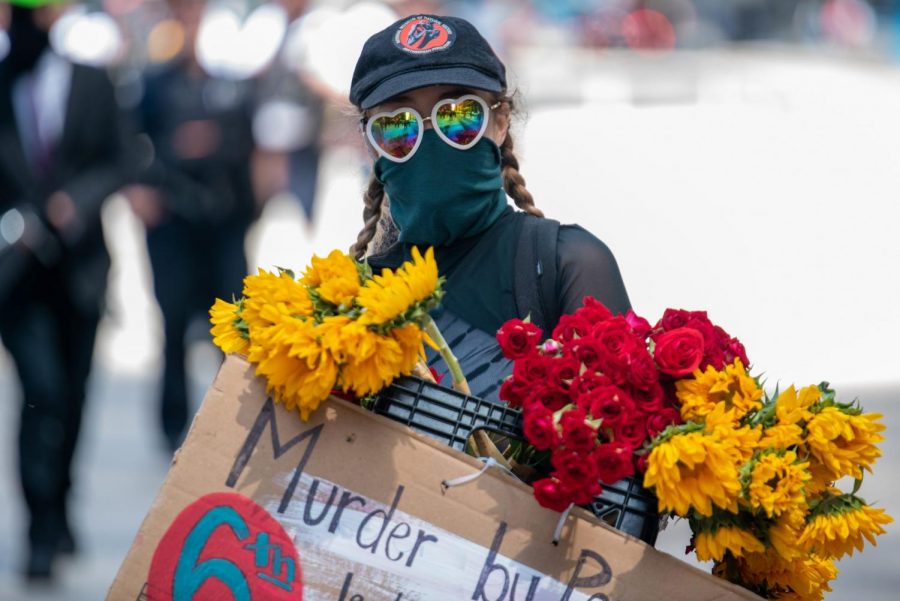
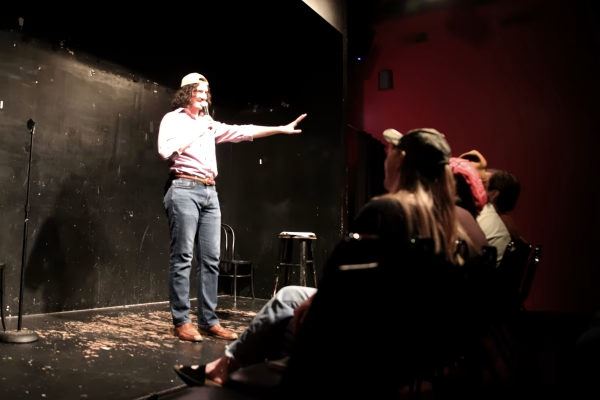
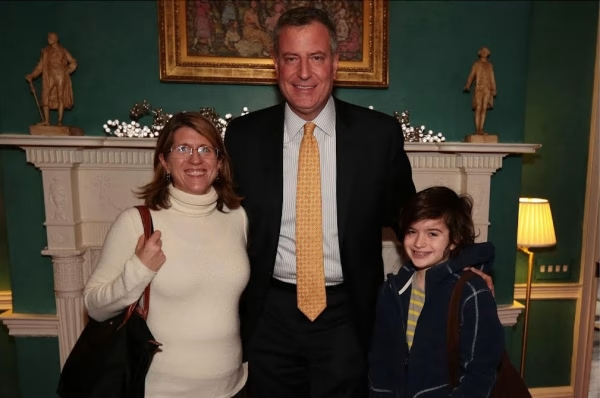
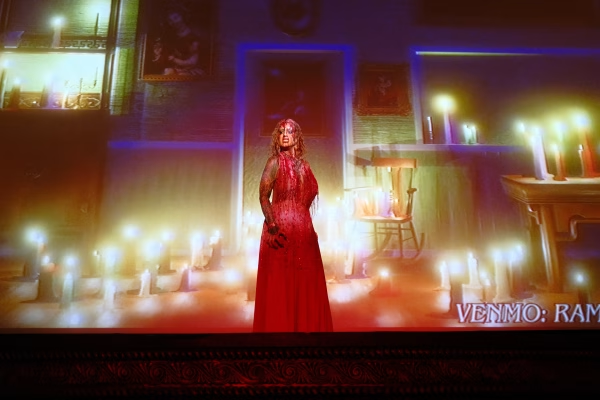
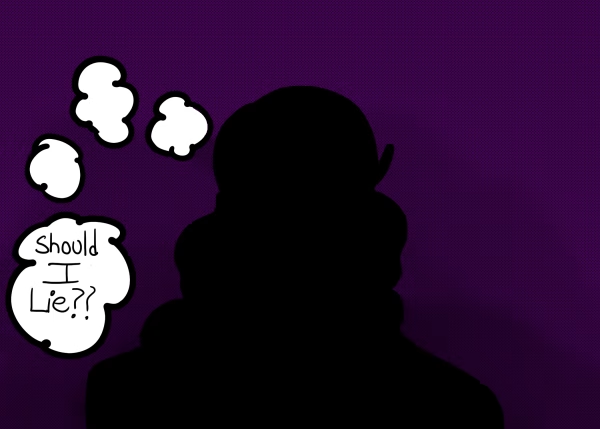
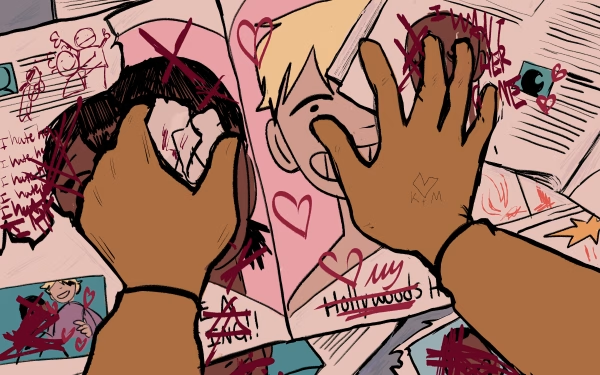
Rouse Villadingel • Jul 3, 2020 at 9:59 am
Such an insightful wake up call from a presumed 20 year old, no nothing, finger wagging, petulant basement dwelling transgender studies major, clearly a 6 year honor roll student at DePaul University. Why are my tax dollars subsidizing the above. DePaul, like so many other institutions of higher learning, is engineering its own demise and the proof can be seen above. It will be interesting to see precisely how this author feels after three or four years in the workforce (presuming her DePaul experience has equipped her to do anything for which an employer would pay which, from above, remains an issue that is at least debatable- see below as well).
One can only presume that this drivel, above, is regurgitated from the mouths of DePaul’s tenured professors and, if so, God help us all. I’m not sure which piece I enjoy more from this author: The above, or what follows below:
Dating back to 1995, National Masturbation Month started after San Francisco-based sex-positive retailer Good Vibrations declared the day in honor of Surgeon General Joycelyn Elders. Elders was fired in 1994 by President Bill Clinton for suggesting masturbation be included in the sex education curriculum for students. The founders of Good Vibrations wanted to acknowledge Elders’ unfair firing as well as invite people to talk about masturbation. Consequently, National Masturbation Month arrived and is celebrated as such.